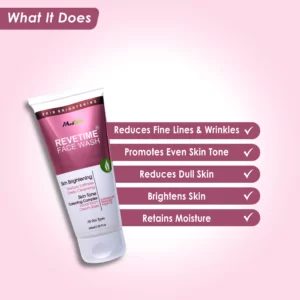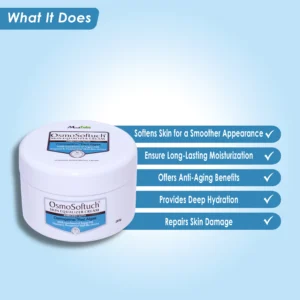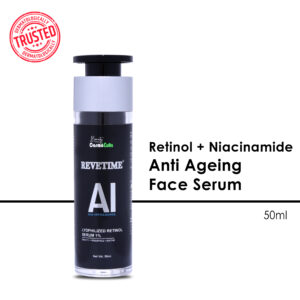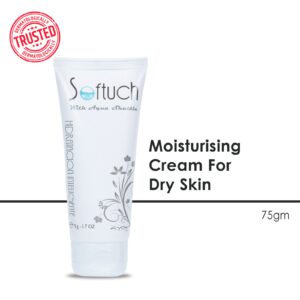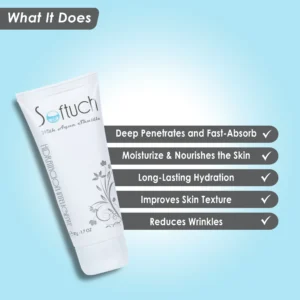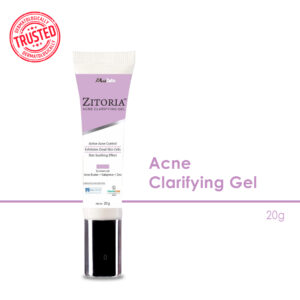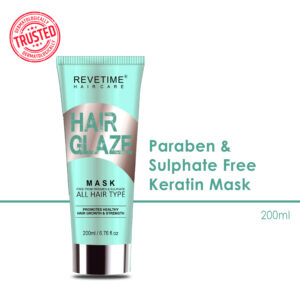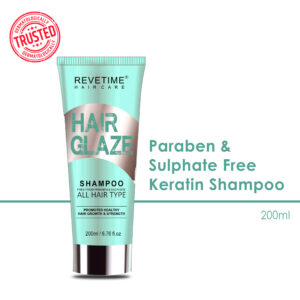Banishing the Flakes: A Comprehensive Guide to Combating Dandruff with Anti-Dandruff Shampoos

Banishing the Flakes: A Comprehensive Guide to Combating Dandruff with Anti-Dandruff Shampoos
Discover the Secrets to Dandruff-Free Hair: A Guide to Effective Anti Dandruff Shampoos
Give up dandruff permanently! Explore causes and anti-dandruff shampoos. Opt for sulfate-free solutions and expert tips. Start your journey to flake-free, luscious hair!
Introduction:
Dandruff, those annoying white flakes that invade our scalps and hair, affects our appearance and signals potential issues with our scalp health. This comprehensive guide aims to shed light on dandruff, its causes, and, most importantly, how to get rid of it using effective and the best anti-dandruff shampoos.
Understanding Dandruff:
-
What is Dandruff?
Dandruff is white flakes on your scalp and hair, making them not look great. It’s important to figure out if it’s just a dry scalp or actual dandruff so you can treat it the right way. Dandruff happens because of too many tiny fungi on your head, so using a special sulphate-free anti-dandruff shampoo to fight these fungi helps get rid of them. Understanding what’s causing the flakes helps you choose the best way to make your hair and scalp healthy again.
-
Causes of Dandruff:
-
Dry skin:
Dandruff often arises from a dry scalp lacking moisture, leading to increased skin cell flaking. Factors such as environmental conditions, harsh hair care shampoo and products, and individual skin characteristics contribute to scalp dryness. In an arid scalp environment, the skin’s outer layer loses natural oils, prompting excess cell production and the formation of visible flakes. To manage dandruff, gentle cleansing with the moisturizing best shampoo for dandruff, avoiding harsh chemicals, and maintaining overall scalp health through hydration and nutrition is crucial. Persistent or severe cases may require consultation with a healthcare professional or dermatologist for personalized treatment.
-
Oily skin:
Excess sebum production contributes to dandruff by creating a favourable environment for fungal overgrowth. The scalp naturally produces sebum, an oil that helps keep the skin and hair moisturized. However, sebum overproduction leads to the accumulation of oil on the scalp, providing an ideal setting for the growth of Malassezia, a yeast-like fungus commonly associated with dandruff. This overgrowth triggers inflammation and accelerates the shedding of skin cells, resulting in the characteristic flakes of dandruff. Managing sebum production through proper hair care and hygiene can be essential to preventing and controlling dandruff.
-
Fungal overgrowth :
An overabundance of the fungus Malassezia on the scalp is a common factor in the development of dandruff. Malassezia is a naturally occurring yeast-like fungus found on the skin of most individuals. However, an excess of Malassezia leads to an inflammatory response, causing the scalp to shed skin cells at an accelerated rate. The combination of increased skin cell turnover and the presence of Malassezia results in the formation of visible flakes, which characterize dandruff. Managing Malassezia levels through proper hygiene and anti-fungal treatments can be effective in controlling dandruff.
-
Skin conditions:
Conditions like eczema or psoriasis mimic dandruff symptoms, necessitating specialized care. Eczema and psoriasis are inflammatory skin conditions that affect the scalp, leading to flaking and itching similar to dandruff. Distinguishing between these conditions is crucial for appropriate treatment. While dandruff is often associated with fungal overgrowth, eczema, and psoriasis involve different immune responses. Consulting with a dermatologist helps to determine the underlying cause and guides the use of specialized treatments tailored to the specific skin condition.
Sensitivity to hair care products:
Certain ingredients in hair care shampoo and other products trigger dandruff in individuals with sensitive scalps.
-
Effects of Dandruff:
Dandruff extends beyond cosmetic concerns, causing itching, inflammation, and social discomfort. If left untreated, it may lead to secondary issues such as acne or infections, emphasizing the need for timely intervention.
-
Choosing the Right Shampoo:
Selecting the appropriate sulfate free anti dandruff ketoconazole shampoo is crucial to addressing the underlying cause. Look for key ingredients like ketoconazole and pyrithione zinc, and each is tailored to specific issues.
-
How Anti Dandruff Shampoos Work:
Sulfate free anti dandruff shampoo targets the root causes of dandruff, whether by reducing oil, controlling fungal growth, or soothing the scalp, providing a comprehensive solution.
-
Tips for Using Anti Dandruff Shampoos:
Proper usage, frequency, and adherence to product instructions are vital for optimal results. Consistency in application is the key to long-term dandruff management.
Natural Remedies and Lifestyle Changes:
-
Supplementary Measures:
Complement anti dandruff ketoconazole shampoo use with lifestyle changes, including maintaining a balanced diet, staying hydrated, and managing stress for holistic scalp health.
-
Natural Remedies for Dandruff:
Consider incorporating natural ingredients like tea tree oil, known for its antifungal properties, to combat dandruff by inhibiting Malassezia overgrowth. Aloe vera’s soothing and moisturizing qualities help alleviate scalp irritation and dryness. Additionally, apple cider vinegar’s acidic nature may restore the scalp’s pH balance, reducing dandruff symptoms. These natural alternatives offer effective and gentler options for those seeking relief from dandruff without resorting to the harsh chemicals in traditional hair care products.
Conclusion:
In conclusion, bidding farewell to dandruff requires a multifaceted approach. By understanding its causes and employing the right anti dandruff shampoos, natural remedies, and lifestyle changes, achieving a healthy, flake-free scalp is within reach. For persistent or severe cases, consult a dermatologist, and remember, consistency is key to long-term success in managing dandruff.





